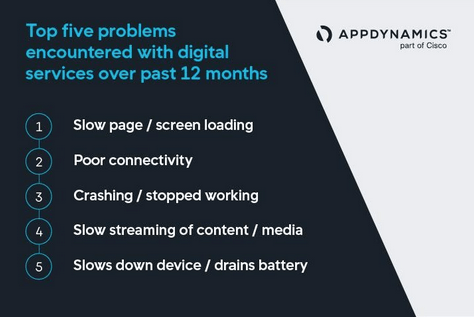The digital path
Digital transformation is disrupting the world

Abel Camelo, Infosistema Manager
Digital is changing the world. We are experiencing yet another technology paradigm transition – after the emergence of the first and second IT platforms – supported by social networks, mobile technologies, Big Data solutions and business analytics, and cloud computing services use. Business-as-usual is no longer an option, and if the nature of business does not change, the potential consequences may be devastating. It is easy, however, to lose sight of trends and understand their long-term impact, as the direction of these trends is not always clear. Today, for example, technology is producing remarkable advances, wherever the web has changed the rules of business, and the best practices of the industrial economy are now challenged by the digital age, impacting the business structure[1]. Firm ground has become swampy for many organisations, and the inability to adapt may dictate their demise. How many cases are there of businesses that closed their doors because of the growth of new digital models? Businesses like Blockbuster were overrun by other offers, such as Netflix. Or take Kodak, for example, that, despite having invented the first digital machine ever in 1975, chose not to embrace the transformation of their business and was eventually overtaken by many other companies that evolved in that direction.
Digital transformation, mostly driven by a change in consumer behaviour, has become an inevitability and the competitiveness of organisations depends on how successfully they cope with this process.
Although the terminologies used differ, there is a consensus that the digital transformation of organisations must develop in some key dimensions. The use of information must play a fundamental role in the way organisations build their decision-making processes and even as a way to optimise products and processes. Digital technologies can provide critical support for streamlining the processes of organisations and bring greater agility and efficiency to their business operations, but only organisations led by managers who can engage employees, customers and partners in the challenging deployment of this transformation will thrive. According to the MIT Sloan Management Review[2], the new generations do want to work for digital leaders and will be in constant search for the best digital opportunities, also helping organisations to adapt so they can retain and attract talent.
In order to stay ahead of the digital revolution, organisations must also adopt agile models to respond to the needs of their ecosystem, for example through an all-American approach, providing experiences to clients that are seductive and relevant regardless of the channel through which their customers choose to interact. This results in the need to build support for a sound strategy and processes beyond just technology[3] to ensure the standardisation and empowerment of customer experience. This is much more than just developing a mobile application or an attractive website.
This digital transformation requires a fundamental change in the operations and mindset of an organisation, affecting everything from the way processes are executed to the new advanced capabilities of data collection and analysis. This change fosters the creation of knowledge around the ecosystem of organisations. Digital transformation continues to grow, and organisations realise that this is crucial to the success of their business. We can then see the digital transformation as an ongoing process whereby organisations adapt or adopt disruptive changes to their customers and markets, benefiting from digital competencies to innovate in their business models and in products and services that combine physical and digital experiences, while simultaneously improving operational efficiency and organisational performance.
In a simple way, digital has changed consumer behaviour, which in turn has changed business. In this way, we need to adapt our strategies, visions and business models and incorporate technologies that can accelerate the adaptation to this new reality.
In a sense, digital transformation can be as growing a bonsai, because it is a process of continuous improvement and it demands constant stimulation and sound subject matter knowledge. Does my organisation need digital transformation? The answer is always “yes." The digital revolution has affected virtually every industry or organisation, and it will continue to do so.
The question must be whether we are doing the right digital transformation and need more digital transformation, and, in that regard, the answer will depend on the level of maturity that the organisation in question has already reached.
For questions such as “Will my organisation, my processes and collaborators be able to embrace digital transformation and change fundamental aspects of the business?” if the answer is no, it is urgent to start grounding the change. If the answer is yes, then what are you waiting for?
[1] https://web.uncg.edu/bae/lsiyer/ec_common/articles/strategy_and_internet_porter.pdf
[2] https://sloanreview.mit.edu/projects/strategy-drives-digital-transformation/
[3] https://dupress.deloitte.com/content/dam/dup-us-en/articles/digital-transformation-strategy-digitally-mature/15-MIT-DD-Strategy_small.pdf












